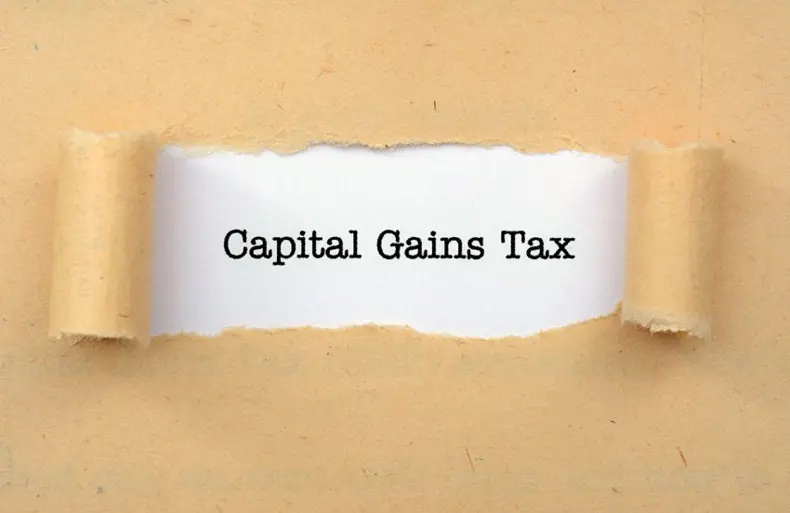Blog | Investment | Valuation | The Property Market
What overseas investors need to know about the new CGT on commercial property

In November 2017, the Chancellor announced the removal of the Capital Gains Tax (CGT) exemption on commercial property held by non-UK residents. The tax proposal changes will come into force in April 2019.
This comes without much surprise following the changes to taxation of residential property held by non-UK residents in 2013 and aligns the UK with a non-resident capital gains tax structure similar to other Western economies.
In 2017, overseas investors accounted for approximately 75% of the £20bn invested in the Central London commercial property market and overseas investment activity is estimated to be broadly similar for 2018. Following the CGT announcement in 2017, there was a suggestion that overseas investment in UK commercial real estate was likely to decrease, but the fiscal measure appears to be having less of an impact than anticipated.
What is Capital Gains Tax?
Capital Gains Tax is a tax on the profit when an asset is sold that has increased in value. In essence, it is the gain made that is taxed, not the total amount received when an asset is sold.
When will it take effect?
The changes will come into force from 6 April 2019, which means that the tax will only be levied on any increase in value from this date.
Who will it impact?
The changes will impact foreign companies, private individuals, overseas trusts and JPUTs – Jersey Property Unit Trusts.
What tax rates will be charged?
Foreign companies will be charged at the corporation tax rate, which is currently at 19%, falling to 15% by April 2020. Interestingly, this compares favourably when compared with other countries where the rates much higher: US – 38.9%, France – 34.4% and Germany – 30.2%.
Private individuals will be taxed at the normal CGT rate of 20% for commercial property and 28% for residential property.
What are the exceptions?
Investment vehicles such as Sovereign Wealth Funds, REITS and pension funds will be exempt from the tax on their disposals.
However, in the case of sales of shares in ‘property rich’ investment vehicles whereby 75% of its asset value comprises UK real estate this would be subject to tax.
Anti-avoidance rules, effective from the date of the announcement of the tax changes on 22 November 2017, have been implemented, which prevent those impacted to avoid the tax by restructuring.
Important Valuation Considerations for Investors
Non-UK investors of commercial property will need a valuation of their assets as at the base date (6 April 2019) once a property is sold. The Allsop valuation team can assist with undertaking a ‘Red Book’ compliant valuation as at 6 April 2019, which would serve as a formal valuation document and will assist with future negotiations with HMRC.
With April 2019 fast approaching, investors may also consider implementing any asset management initiatives that will enhance the value of the property prior to April 2019, which would help to mitigate the quantity of capital gains tax paid post April 2019. This may include agreeing pre-lease agreements, settling rent reviews or lease renewals and undertaking capital expenditure.
If further advice is needed in relation to valuations for tax and accounting purposes, please get in touch with the Allsop valuation team to assist in the matter.
Related Insights

Allsop’s Commercial Auction Team launches almost 100 lots for its May auction
Allsop, the leading property consultancy and the UK’s largest property auction house, has released the catalogue for its upco...

Allsop raises £28 million in April residential auction
Allsop, the leading property consultancy and the UK’s largest property auction house, raised £28 million at its latest reside...

A successful year with 24 promotions, including two new partners
We are pleased to announce 24 firm-wide promotions across our London and Leeds offices, including two new partners. Effective...

The snail-like court system is letting down lenders and renters
Logging on to LinkedIn in the last few weeks, my feed has been filled with landlords, lenders and solicitors highlighting the...